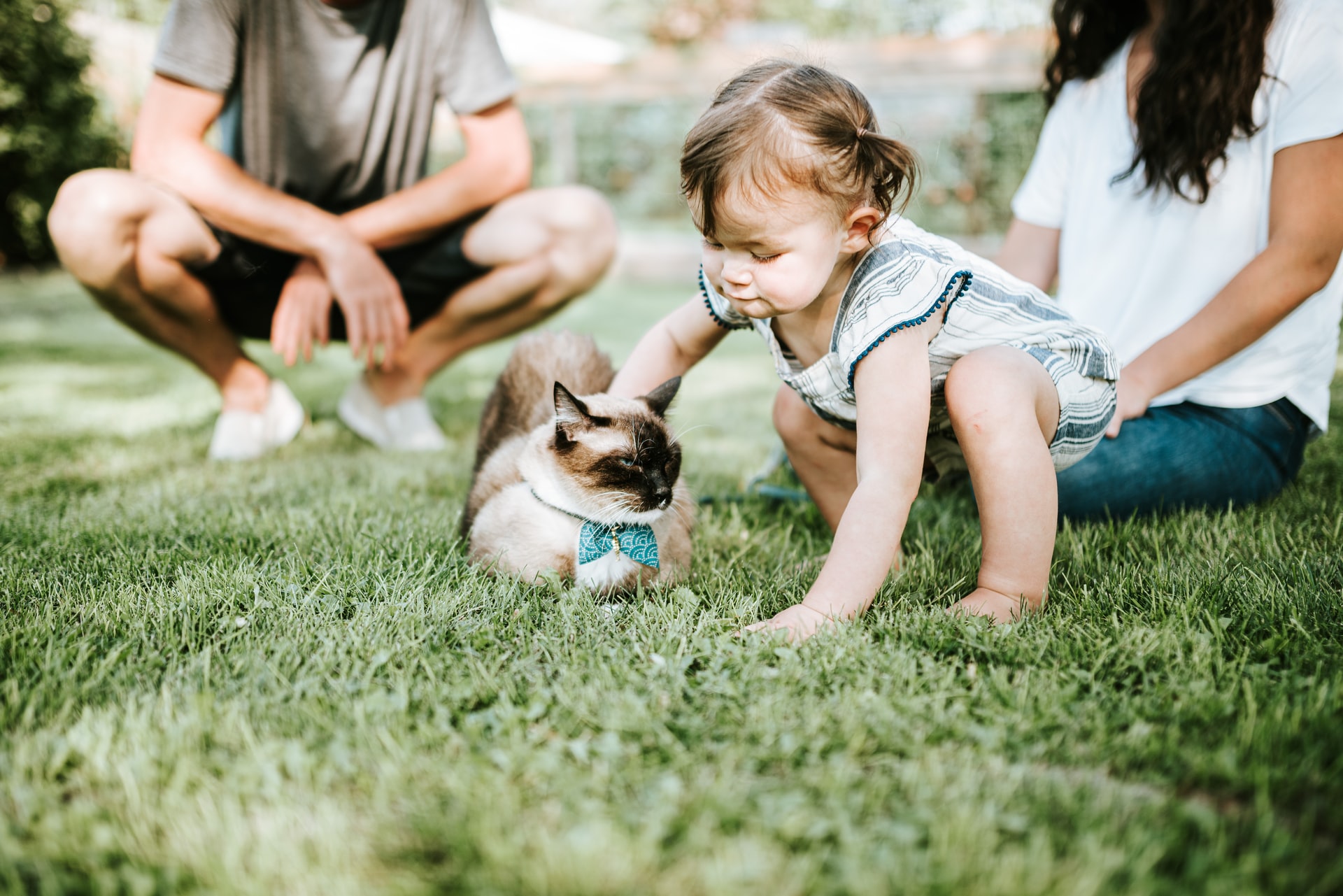Il Papa “cani e gatti occupano il posto dei figli”: a smentirlo i dati Eurispes e l’Ospedale Bambin Gesù
Il 32mo Rapporto dell'Eurispes dimostra che ad avere animali domestici sono soprattutto i monogenitori con figli e le coppie con figli. Il Papa smentito dalle statistiche.





